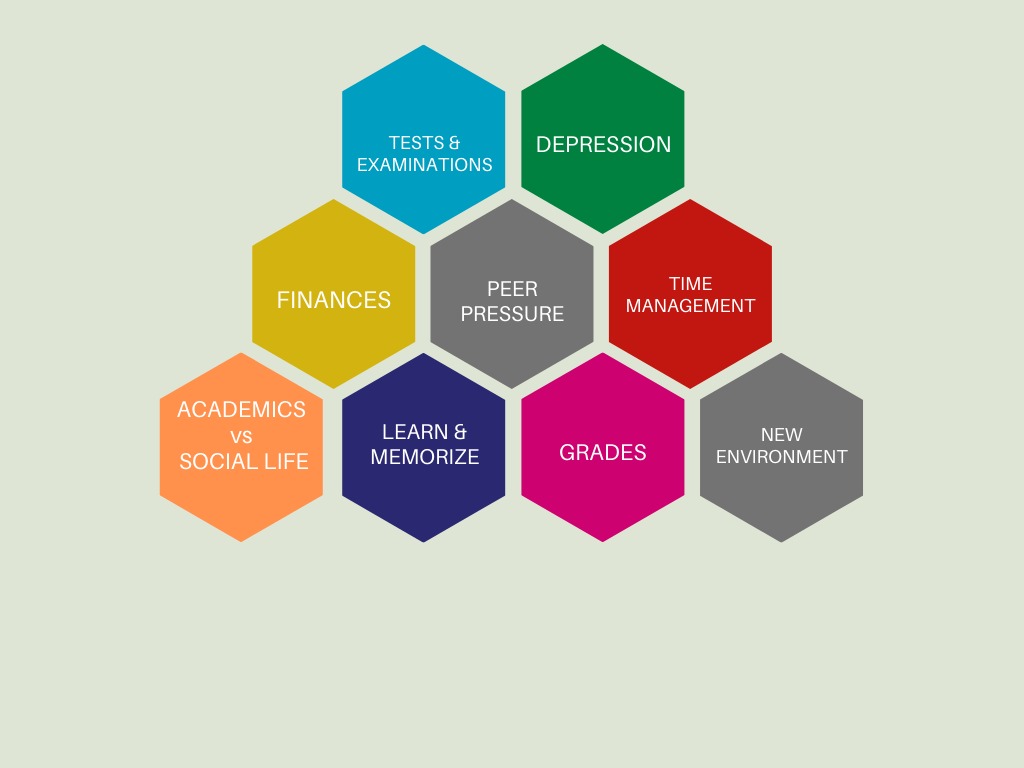Indeed stress can inevitably take its toll on the mental health of students in high schools, colleges and universities. The health, happiness and grades of students are greatly affected with the stress that comes with the school environment.
Stress is in many ways a significant part of the factors that contribute to the well being of humans. In unprecedented times, stress can cause us delay ingoal attainment and general progress. For example, a school student that experiences intense stress may be affected in the cause of delivering onassignments, carrying out research on project topics, taking tests andexaminations excellently.
On the other hand, stress can also serve as a motivator, and is equally important for survival. The human body’s fight-or-flight mechanism tells us when and how to respond when faced with danger. This however undermines a person’s mental and physical health, and becomes harmful when the body is triggered too easily.
There are a few factors that point to be the common sources of student stress.
- Finances
- Time Constraints
- Grades
- Learn & memorize
- Depression
- Tests & examinations
- Academics Vs Social life
- Adjusting to a new environment
- Peer pressure
Students in university constantly face financial demands after exhaustion, doing this with little time to box in activities to get their schedule running, keeping in mind the essence of maintaining good grades, while balancing pressure from peers and working out good social relations.
Anxiety always simmers the test and examination halls, school project research centers, etc. Creating an ambience with increased tension that results in a roundof increased mental stress in students.

There is no single way to manage stress totally. However, there are a few foundations to consider.
- Getting Organized

Have an organized way of operating, like class times, exam times, and assignment deadlines. These routines enable students meet up on assignment & projects deadlines, and also avoids any need to hire a writer or plagiarize works that could be done from proper planning and organized routines. Productive habits like making your bed, observing a benediction, exercising, taking a cold shower etc. Contribute immensely to getting an organized routine.
- Time management

Set out time for intense focus on work.
Preparing your to-do list for the following day the night before has never been an obsolete way of handling tasks. This way has been proven effective overtime.
- Eliminate Procrastination

Procrastination as generally known is a thief of time. Finding way to make the benefits of long-term choices more immediate becomes easier to avoid procrastination. Eliminating procrastination comes with benefits like, low anxiety, greater self discipline, and a better work productivity.
- Exercise

Normalizing the habit of exercising improves mood, boosts energy, leads to better sleep, combats health conditions, reduces the risk of diseases, sparks up sex life, and boosts the immune system. The act of exercising is a therapy for mental stress.
- Social Support and Connections with friends

Strong social relationships are very effective in reducing anxiety, increasing self esteem, quicker recovery from diseases, strengthens the immune system, increases trust and empathy, etc. Connections are a good stress relief therapy.
Other stress targeted mental stress therapies are;
- Deep Breathing
This helps activate the Parasympathetic Nervous System, which is responsible for rest and digest functions. It counteracts the Sympathetic Nervous System responsible for fight-or-flight response.
- Mindfulness
Consciously going into your mind to know where it hurts and accepting the pain where it is, helps reduce stress intensity and makes it better after a while.